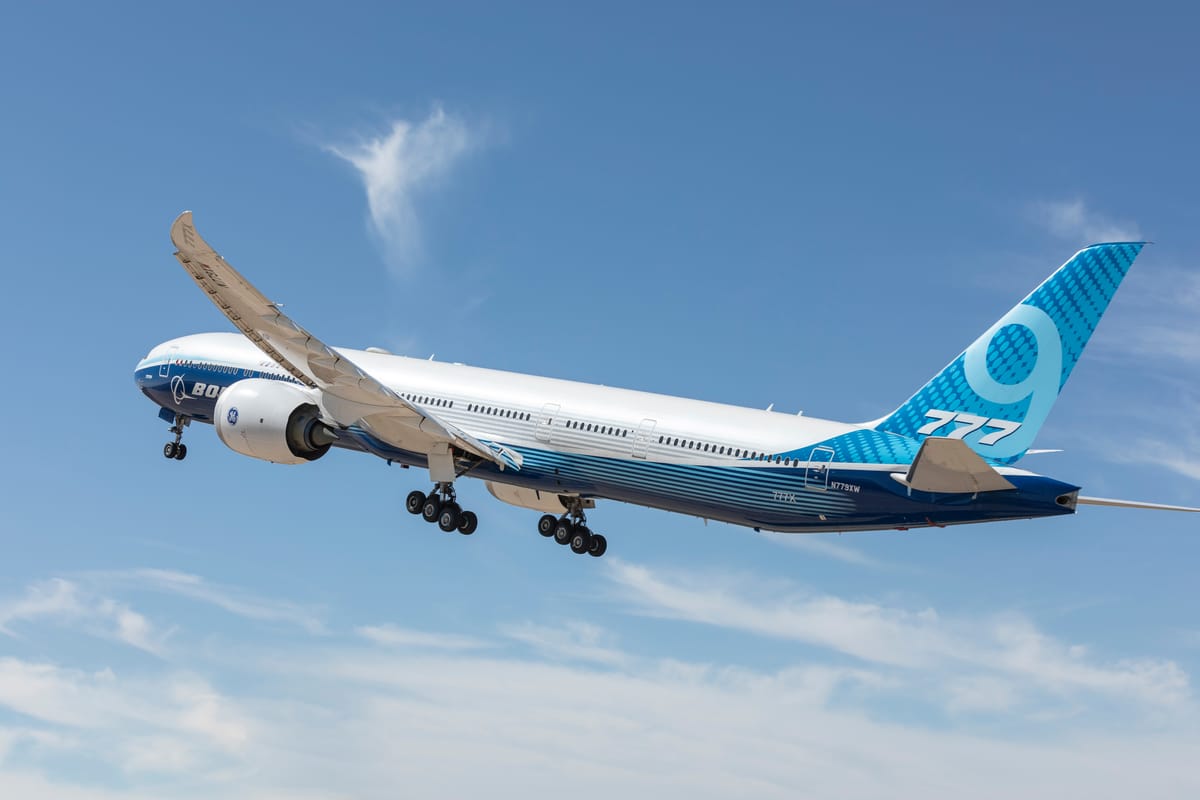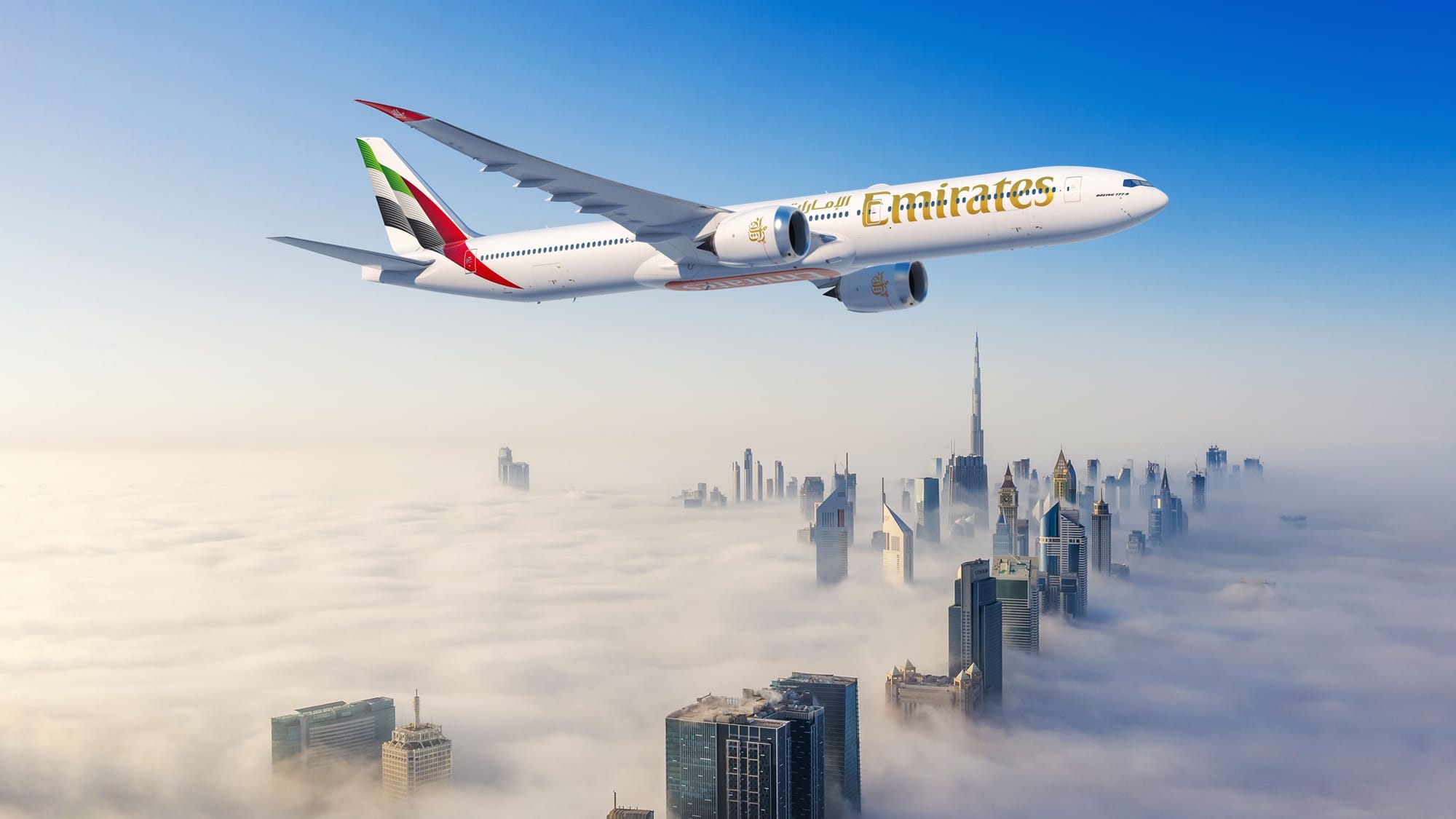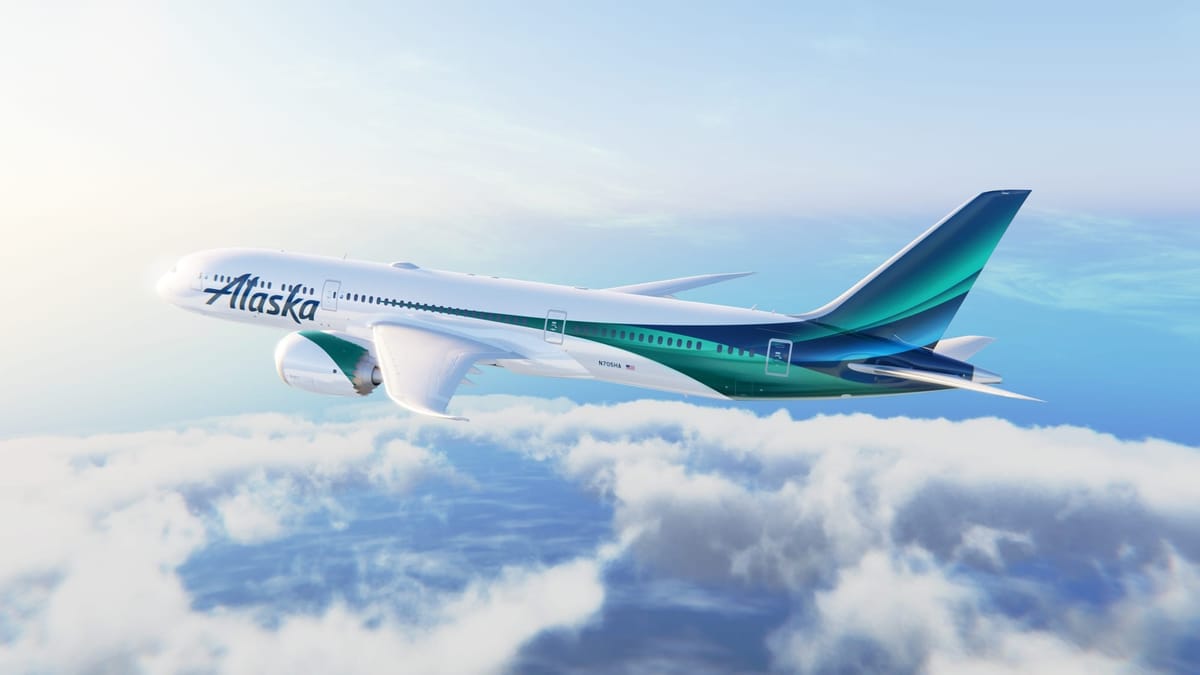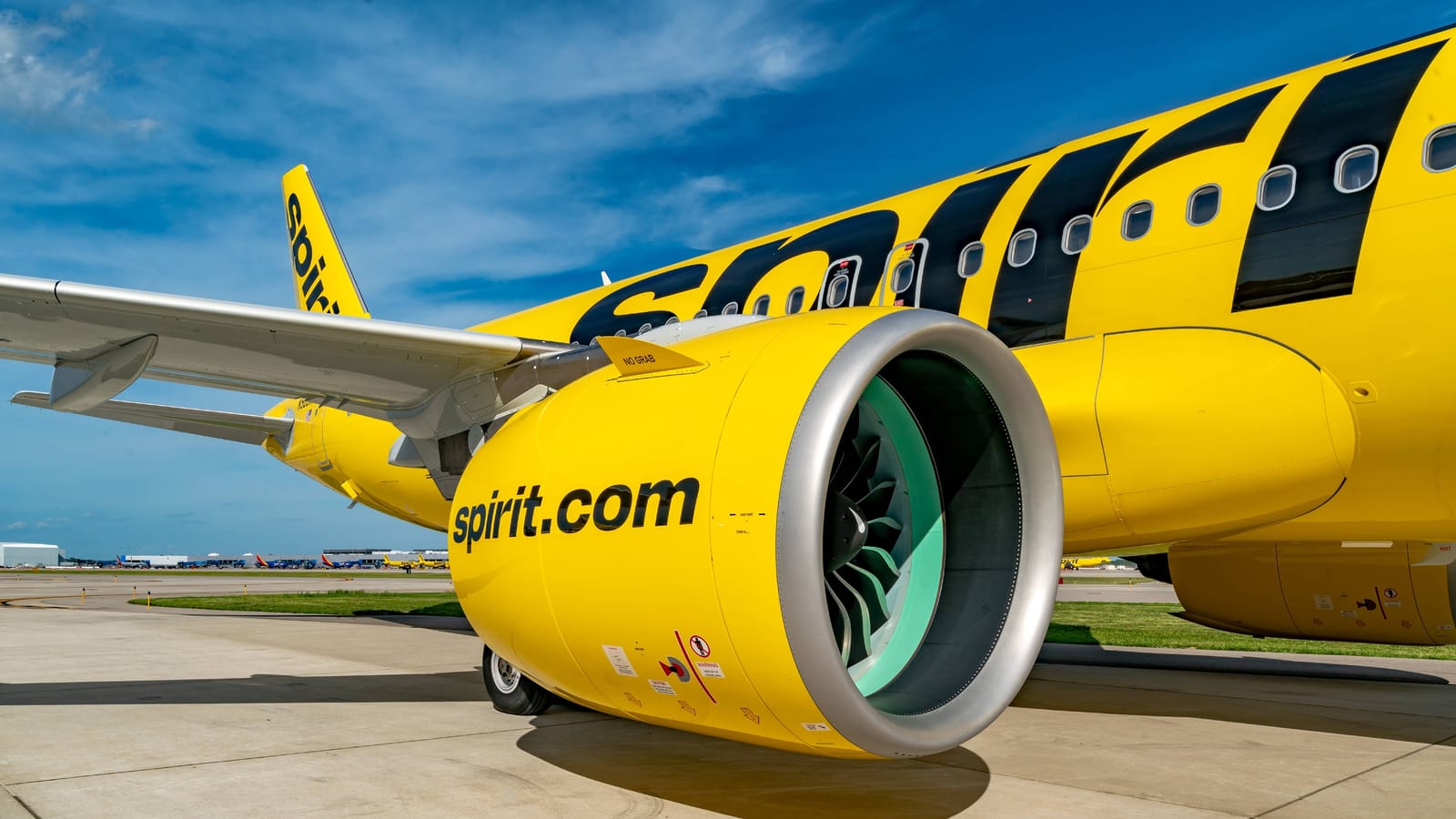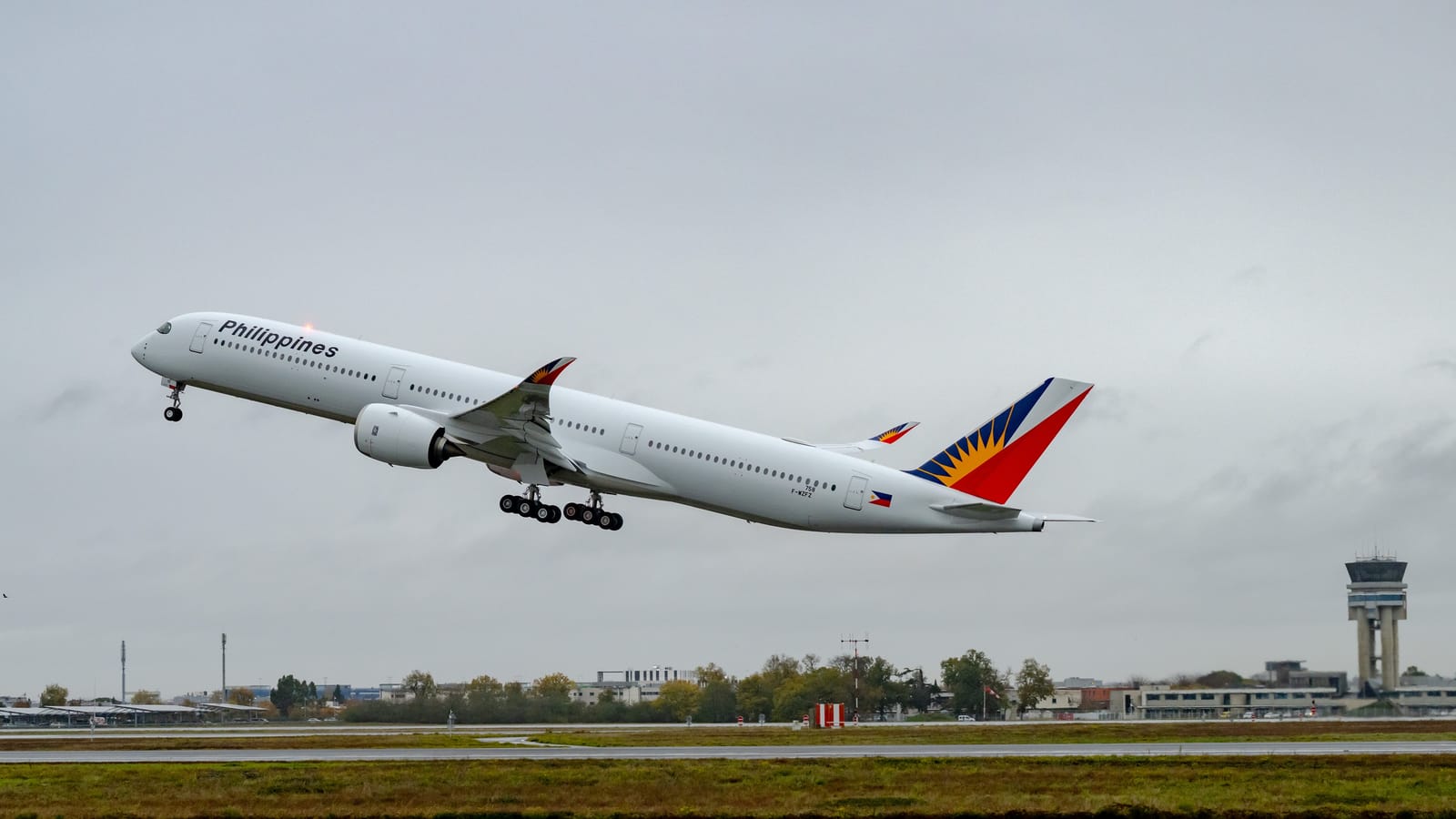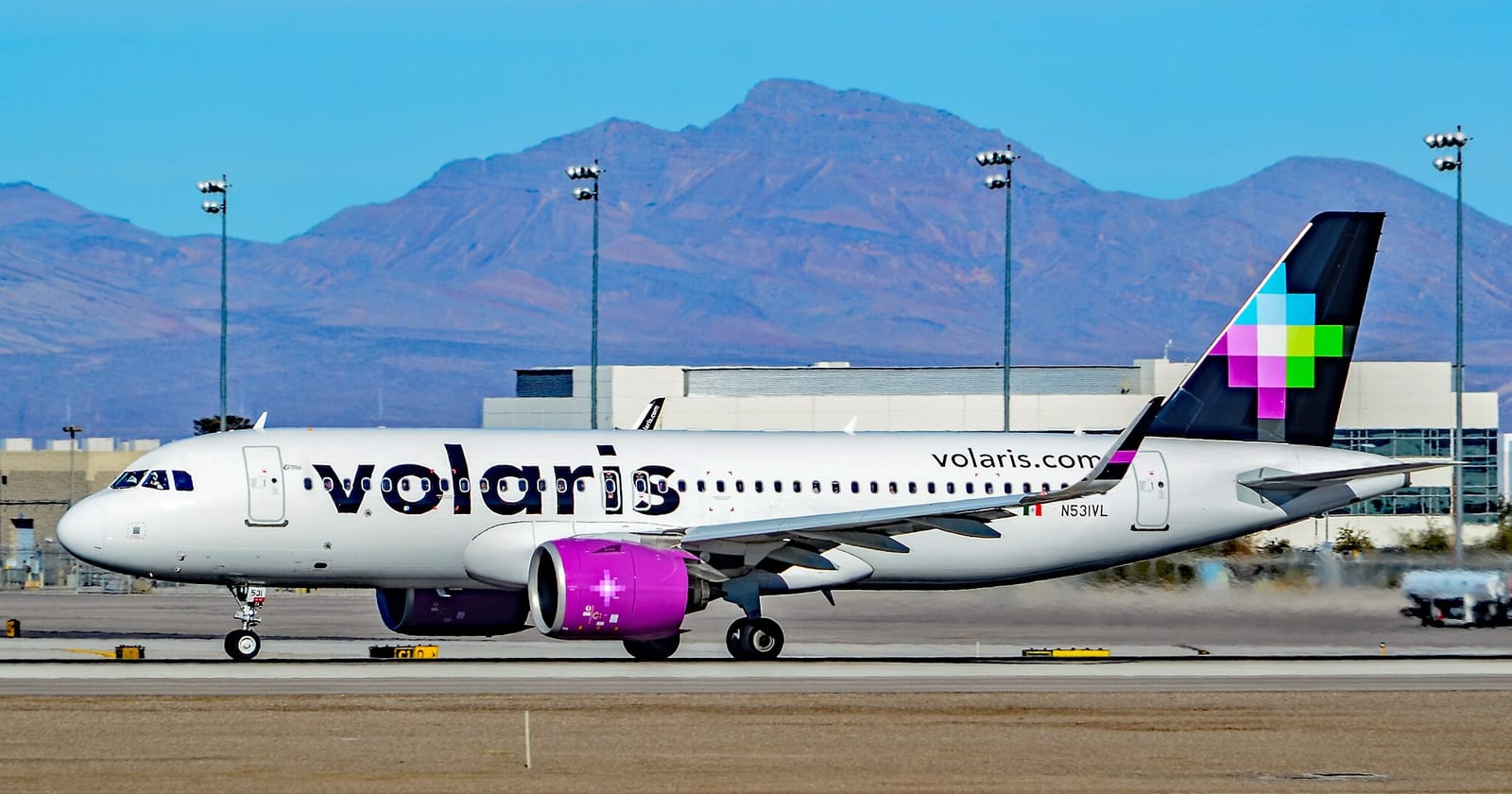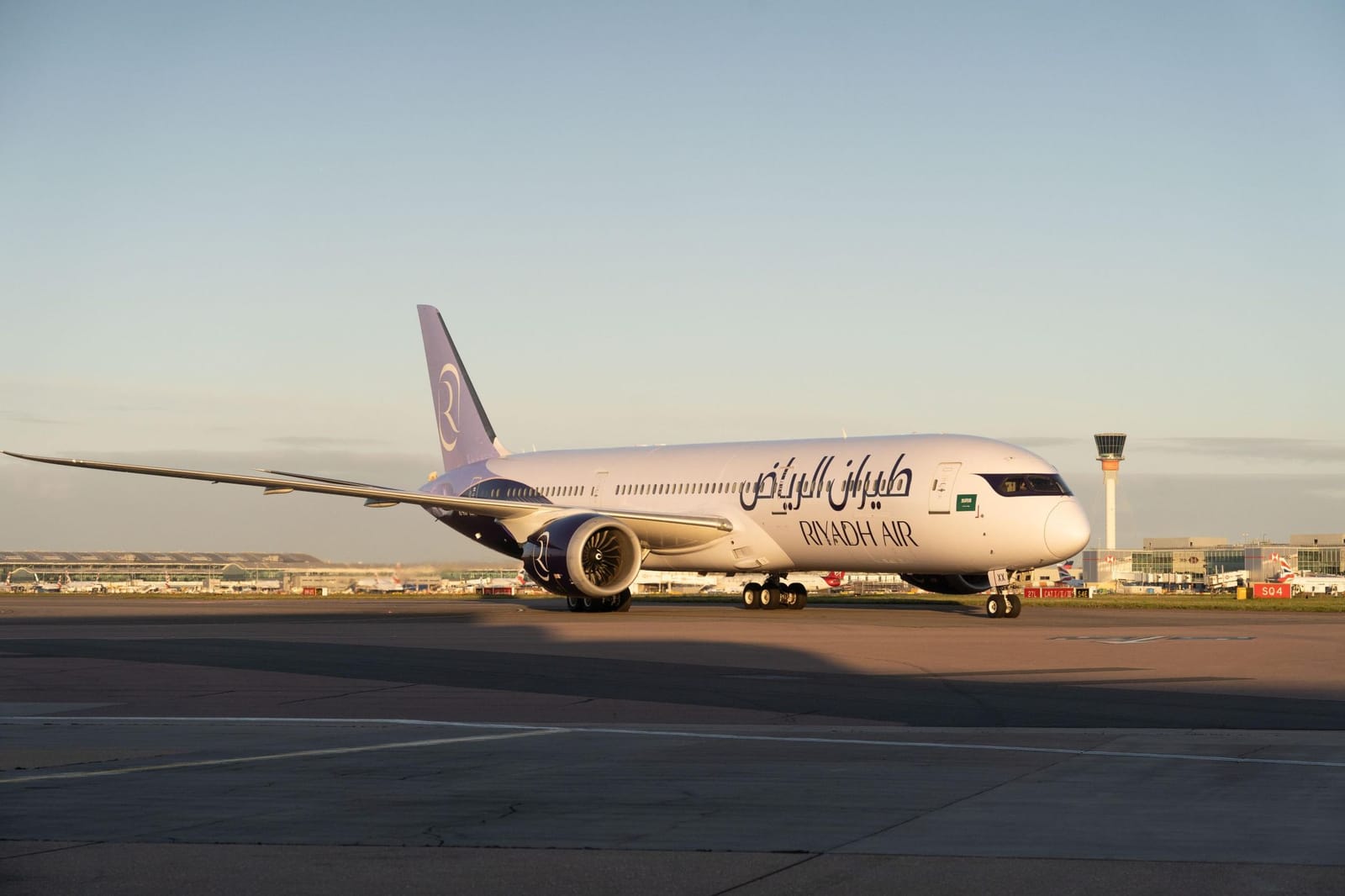Emirates has announced that not only has it ordered an additional 65 Boeing 777-9 aircraft, but that it also has reached an agreement with Boeing to study the 777-10, a new variant of the 777X family, as the airline seeks its long-term replacement of the Airbus A380.
On November 17, 2025, in its second announcement at the Dubai Airshow 2025, Emirates said that it has ordered an additional 65 777-9 aircraft, raising the airline’s total 777-9 order book to 270 aircraft.
The airline also reached an agreement with GE Aerospace, the exclusive engine provider for the 777X aircraft family, ordering 130 engines to power the 65 new 777-9s with the GE9X engine, based on the GE90 that Emirates is more than familiar with since it powers its 777-300ERs.
With the latest order, Emirates has secured a steady stream of 777-9 deliveries until 2038, it said, representing “a long-term commitment and partnership that will engage the skill and craftsmanship of many thousands of workers who manufacture and assemble the 777X and GE9X engines at locations throughout the United States […].”

Nevertheless, Emirates highlighted that the latest order “also provides strong backing for Boeing’s feasibility study to develop the 777-10, a larger variant of its 777X family, with the airline signing up for options to convert its latest 777-9 order into the 777-10 or the 777-8.”
According to Sheikh Ahmed bin Saeed Al Maktoum, the Chairman and Chief Executive Officer (CEO) of Emirates, the airline has always been open about the fact that it has been “keen for manufacturers to build larger capacity aircraft, which are more efficient to operate, especially with projected air traffic growth and increasing constraints at airports.”
“We fully support Boeing’s feasibility study to develop the 777-10 and have options to convert our latest 777-9 order to the 777-10 or the 777-8,” Al Maktoum added.
For Emirates, the 777-10 could be the A380 replacement it has been seeking for years now. While the airline has attempted – and so far, unsuccessfully – to lobby Airbus into developing a new A380 variant with new engines and airframe features, the 777-10 could be the holy grail that it has been after to ensure the long-term future of its business model that leverages Dubai International Airport (DXB) as a connecting point.
While the potential specifications of the 777-10 are unclear, and perhaps will be unclear for some time, the 777-9 is currently the largest member of the 777X aircraft family.
The 777-9 is 251 feet and nine inches (76.72 meters) long, has a wingspan of 235' 5” (71.75 m when extended, 219’ 9” (64.85 m) when on the ground), and can welcome up to 426 passengers in a typical two-class configuration.
In comparison, the 777-8 shares the same wingspan, yet is shorter, has a standard two-class configuration that can welcome up to 395 passengers, and offers less range than the 777-9, according to Boeing’s page about the aircraft.
However, the certification of the type will be Boeing’s first priority, considering that the 777-9, which was unveiled at the Dubai Airshow in 2013, was supposed to enter service in 2020.
Now, Boeing has pushed back the 777-9’s entry-into-service date to 2027. Interestingly, Boeing's press release had nothing about the 777-10.
